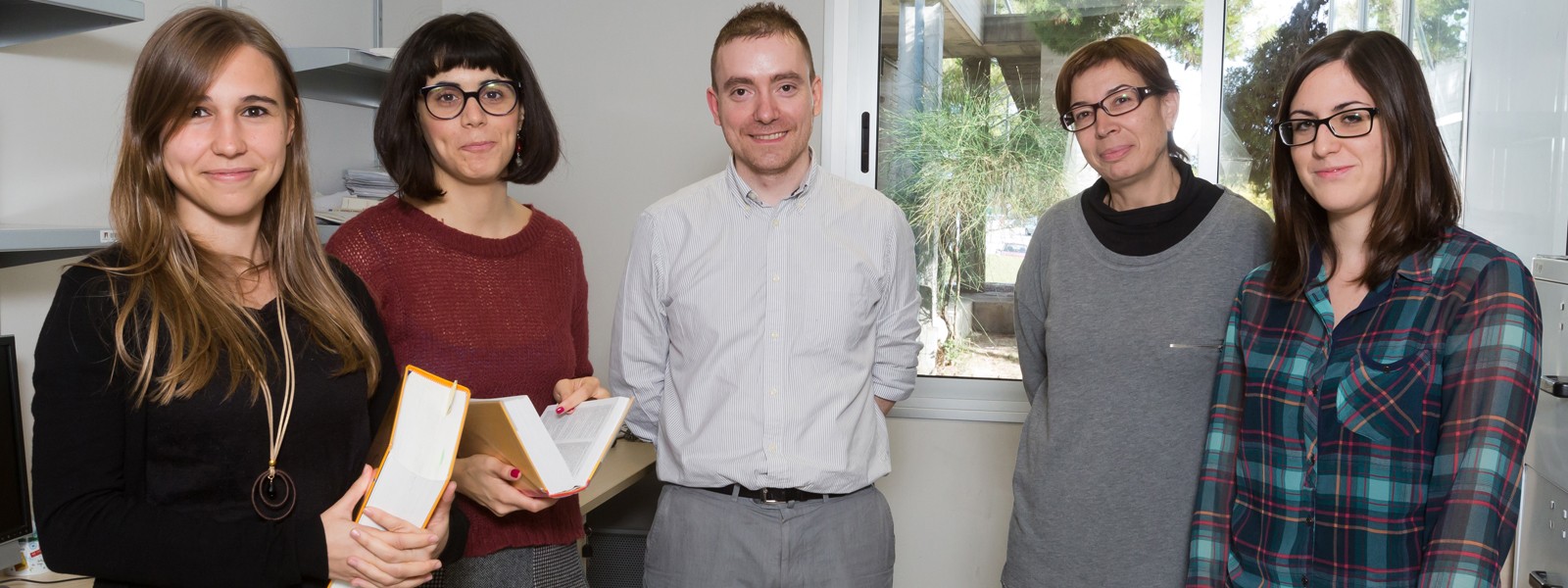DIRECTOR
RESEARCH TEAM
Carlota De Benito, University of Zurich; Ana Estrada, University of Freiburg; and María Jesús Machuca, Universitat Autònoma de Barcelona.
COLLABORATING INSTITUTIONS
DESCRIPTION
The goal of this project is to explore the use of the geographical information provided by social networks like Twitter to characterize the dialectal variation of Spanish, the world language with the second largest number of native speakers after Mandarin Chinese (over 500 million, according to the Instituto Cervantes), and validate the hypothesized existence of dialectal variants (“supra-dialects”) that cannot be identified through traditional methods.
Language variation has fascinated linguists since the 19th century (with comparative and dialectal studies) and is one of the research topics most widely explored in the last fifty years from multiple perspectives (descriptive linguistics, generative grammar, construction grammar, cognitive grammar, sociolinguistics, etc.).
The use of quantitative methods to study such variation is nothing new; the difference here is that the study tools are provided by the Internet. This project is innovative in that it does not confine itself to the lexical variation codified in the above media (as in the case of Gonçalves and Sánchez, 2014), but extends its scope to morpho-syntactic phenomena, where very few studies have been conducted from a descriptive, theoretical standpoint – and none in the case of social network use.
The results of this research will be incorporated into the Syntactic Atlas of Spanish (www.asines.org), a research project run by the Universitat Autònoma de Barcelona, and involving the Real Academia Española among other institutions.

